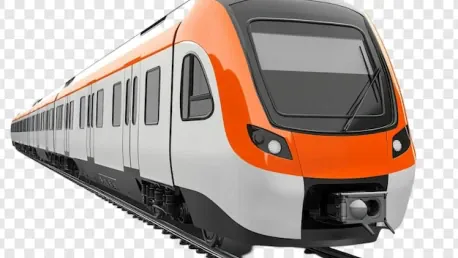The Washington Metropolitan Area Transit Authority (WMATA) recently approved a $4.957 billion budget for FY2026 aimed at improving service without raising fares. Approved by the WMATA Board of Directors on April 10, the budget is intended to maintain a “safe, frequent, and reliable” service standard which has steadily increased ridership for the past 4 years. This growth is projected to continue with new Metrorail services and a redesigned bus network starting in June.
General Manager and CEO Randy Clarke highlighted the critical role of collaboration with partners in Maryland, Virginia, and Washington D.C. in Metro’s success. WMATA has found $20 million in operational savings through better bus scheduling, rail service management, fleet efficiency, and administrative cuts.
The $2.498 billion operational budget will back the first year of the Better Bus Network Redesign, which adds 11 new routes to the Frequent Service Network and boosts service during midday, evening, and weekends. This redesign is set to enhance connectivity to key transit stations, workplaces, and major destinations.
Starting June 22, Metrorail will see longer weekend hours, split Silver Line service, and more frequent Silver and Red Line services during peak periods. By December, the Yellow Line will extend, with trains running between Huntington to Greenbelt and Huntington to Mt. Vernon Sq.
The $2.373 billion capital budget focuses on modernizing the system by addressing urgent repairs and replacing old equipment. Key projects include digital customer displays, bus fleet acquisition, fare collection updates, rail automation, improvements to Union Station’s First Street entrance, and a rail vehicle scheduled maintenance program. About $200 million in capital expenditures for FY2026 and FY2027 have been deferred.
WMATA’s fiscal year 2026 runs from July 1, 2025, to June 30, 2026. This budget underscores WMATA’s commitment to operational efficiency, enhanced customer service, and strategic investment in infrastructure to meet the region’s growing transit needs.









